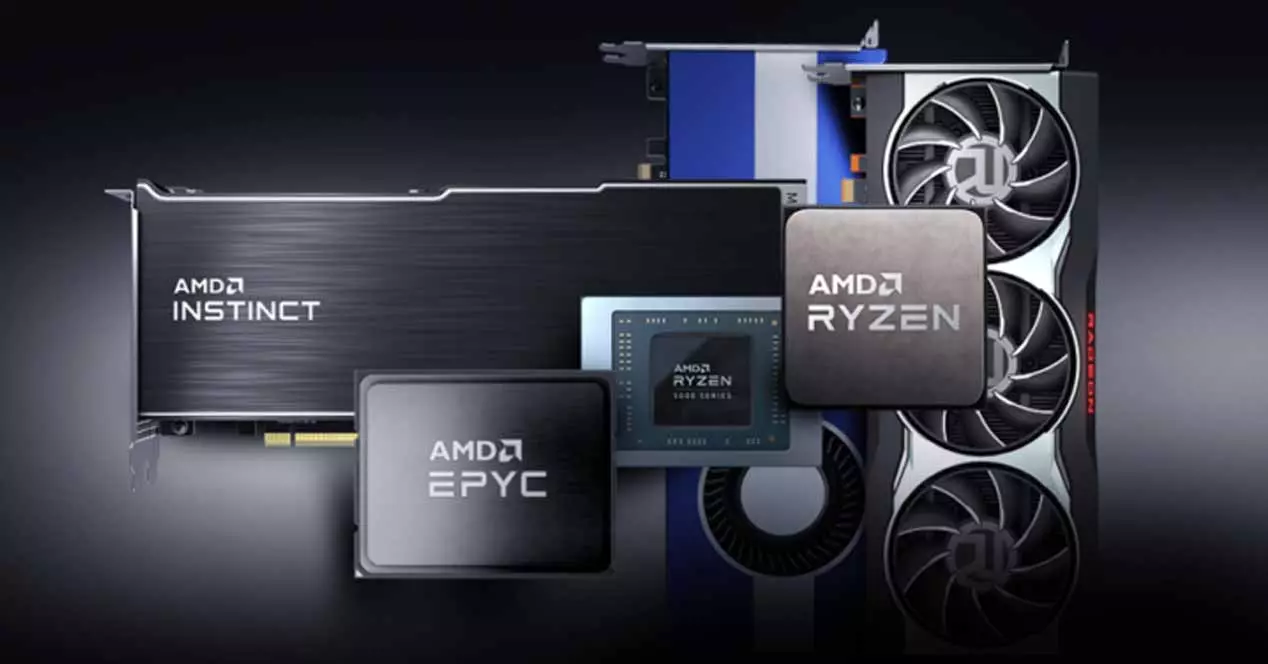
By 2024, Microsoft is expected to launch its new version of the popular operating system. This new software seems to integrate AI technology at all levels. According to rumors, you will be able to make real-time adjustments to “optimize” performance. Knowing Microsoft, we all fear that instead of improving performance, it will make it worse.
Most likely the inclusion of an artificial “intelligence” will mean the end of overclocking. This practice, which is very popular among users to obtain extra performance, would have its days numbered. Intel is not very supportive of this practice, so this new operating system could do away with this technique.
Windows 12 will end overclocking forever
We are going to explain to you in a simple way what this practice is. Overclocking is nothing more than increase the working frequency of the processor and graphics card. This modification allows to obtain an extra performance. It is very common to do it to extend the life of the components that are installed.
Everything points to that Windows 12 will add to its core the artificial intelligence or, at the very least, give him full powers. This means that you can Modify all kinds of real time parameters. It will seek to offer the user the best possible performance for each situation.
Processors and graphics cards already do something similar. They have one basic frequency for when they are at rest and a Boost when there is load. Both components move between the two frequencies to give maximum performance, always within certain temperature values.

There is also the possibility that prevents you from reaching the frequency that we have established. It could pick up the processor frequency table set by Intel (or AMD) and limit performance to these values. Which would render overclocking ineffective.
Although we have no data on this, it seems clear that Microsoft will implement new “security” measures.
Why bother this practice?
Note that overclocking is not something that worries AMD much. Its processors are already squeezed from the factory and have little room for improvement in this regard. The same does not happen with Intel processors, which do have room to go up between 0.3-0.6 GHz.
There are several reasons why Intel does not want this practice to take place. The first is for the security and integrity of the processor itself. Forcing the frequency generates greater processing wear and also, greater heat generation.
On the other hand, it does not like that the user wants to maintain his equipment as much as possible. Improving the frequency a bit can mean an extra of up to 10 FPS, so we could keep our computer for a few more months. What Intel wants is to sell, no matter what. Hence, they do not like this practice and want to end it by hook or by crook.



